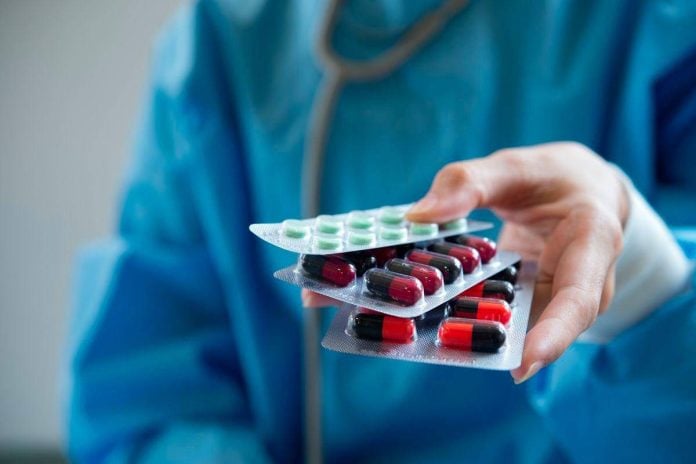SINGAPORE: The United States has postponed implementing its 100% tariff on Singapore’s pharmaceutical exports to allow companies time to negotiate possible exemptions.
The Straits Times newspaper reported this development on Tuesday, citing Minister of State for Trade Gan Siow Huang.
The US originally planned to impose the 100% tariff on branded drugs starting October 1.
Minister Gan did not specify a new implementation date for the tariff during her comments.
Singapore-based pharmaceutical companies are currently awaiting responses from the US administration regarding potential exemptions.
These exemptions would depend on whether companies’ plans to build and expand manufacturing capacity meet US criteria.
Singapore’s exports to the United States currently face a 10% baseline tariff.
This rate remains lower than tariffs imposed on other Southeast Asian nations.
Sector-specific levies like the 100% pharmaceutical tariff present significant concerns for Singapore.
The city-state exports approximately S$4 billion worth of pharmaceutical products to the United States annually.
Branded drugs constitute the majority of Singapore’s pharmaceutical exports to the US.
Pharmaceutical products represent about 13% of all Singaporean exports to the United States.
Broader sectoral tariffs could potentially reduce demand for multiple Singaporean export categories.
Affected sectors would include semiconductors and consumer electronics alongside pharmaceutical goods.
These three sectors collectively account for roughly 40% of Singapore’s exports to the US.
Singapore’s central bank highlighted this export composition in a July report.
The effective US tariff rate on Singaporean exports increased to 7.8% in July from 6.8% in April.
This rise followed earlier tariff hikes on steel and aluminium products.
Trade discussions between Singapore and the United States continue actively.
Negotiations include working toward a preferential tariff arrangement for Singapore’s pharmaceutical exports.
Minister Gan confirmed these ongoing talks in her Straits Times interview. – Reuters








